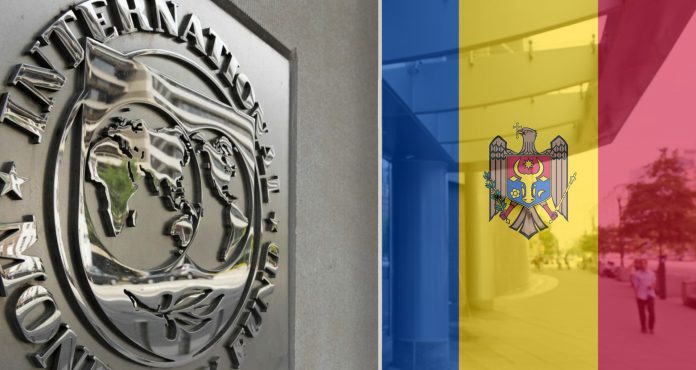
The International Monetary Fund (IMF) has disbursed $96 million to the Republic of Moldova as part of the Extended Credit Facility (ECF) and Extended Fund Facility (EFF) arrangements. This money comes at a crucial time for Moldova, which remains precarious due to the ongoing war in Ukraine and its proximity to the conflict.
The social sector in Moldova is fragile and threatened by high food and energy prices, while security concerns continue to be fueled by the conflict in Ukraine. However, the prudent use of emergency plans has helped reduce energy security risks and support the most vulnerable during the cost-of-living crisis.
Continued strong implementation of reforms supported by the program will help build a solid foundation for sustainable long-term development. The IMF’s Executive Board has completed the third review under the ECF/EFF arrangements for 40 months for Moldova, allowing for the immediate disbursement of SDR 70.95 million (approximately $96 million), which can be used for budget support. This brings the total payments to Moldova under the combined ECF/EFF arrangements to SDR 277.55 million (approximately $371 million).
Moldova’s economy contracted sharply in 2022, but a modest recovery is expected in 2023. Inflation remains high but is rapidly decreasing, and fiscal policies are focused on mitigating the impact of overlapping crises and supporting economic recovery. Risks to the energy sector have decreased for now, reflecting the authorities’ prudent use of emergency plans.
FOR THE MOST IMPORTANT NEWS, SUBSCRIBE TO OUR TELEGRAM CHANNEL!
However, the outlook remains subject to extreme uncertainty, primarily due to the risks of further escalation of the conflict. Despite this challenging environment, the implementation of the program in Moldova remains strong, particularly with the recent completion of important reforms that can contribute to promoting integrity, capacity, and independence of key anti-corruption institutions and improving the enforcement of the anti-corruption legal framework.
Following the Executive Board’s discussion, Kenji Okamura, Deputy Managing Director, and Acting Chair, issued the following statement:
“Moldova remains in a precarious position due to overlapping crises. The conflict in Ukraine and its proximity to Moldova continue to fuel security concerns. The social fabric remains fragile and under pressure from high food and energy prices. In this context, the new government has underscored its commitment to reforms, and the program’s implementation remains strong despite the challenging environment. The economy contracted sharply in 2022 due to suppressed demand from skyrocketing cost-of-living, war contagion, and weaker agricultural production. A modest recovery is expected in 2023, supported by increased domestic demand and better growth prospects for trading partners. Inflation continues to decline, and fiscal indicators remain robust. International reserves continue to provide adequate protection against external shocks, while well-capitalized, liquid, and profitable banks have withstood the initial impact of the war.”

